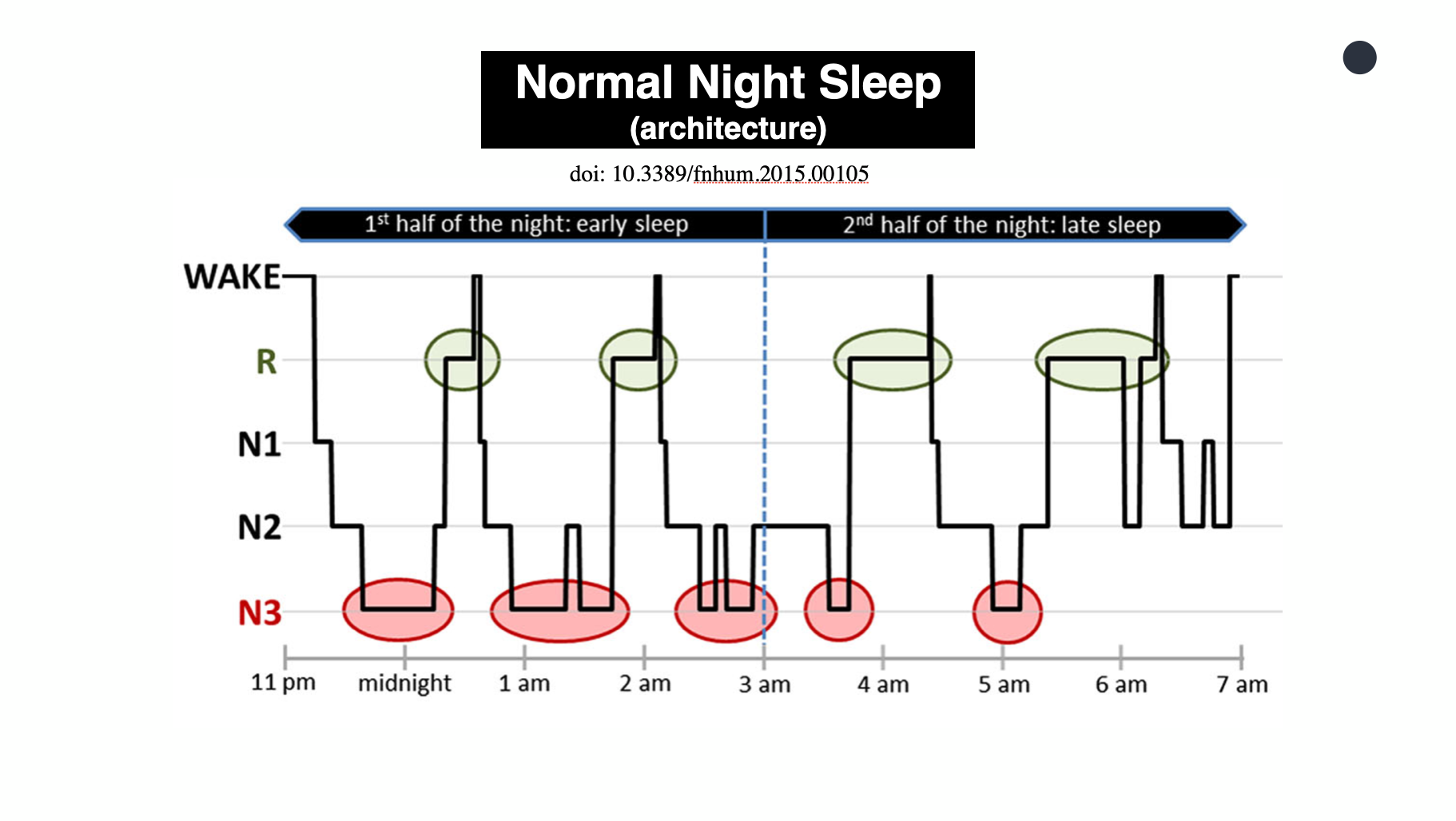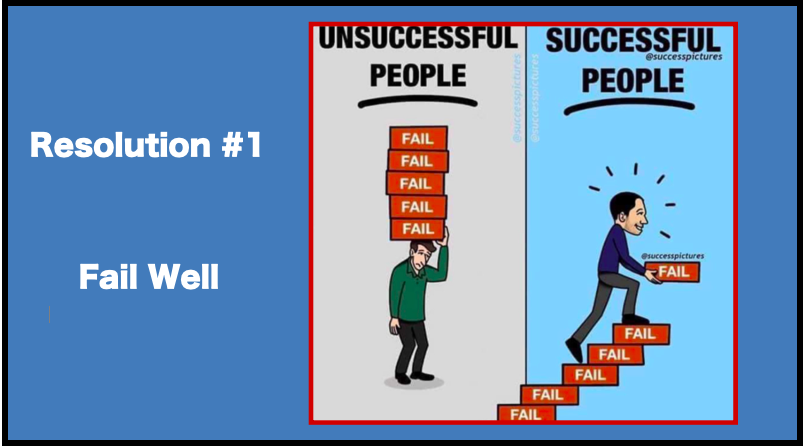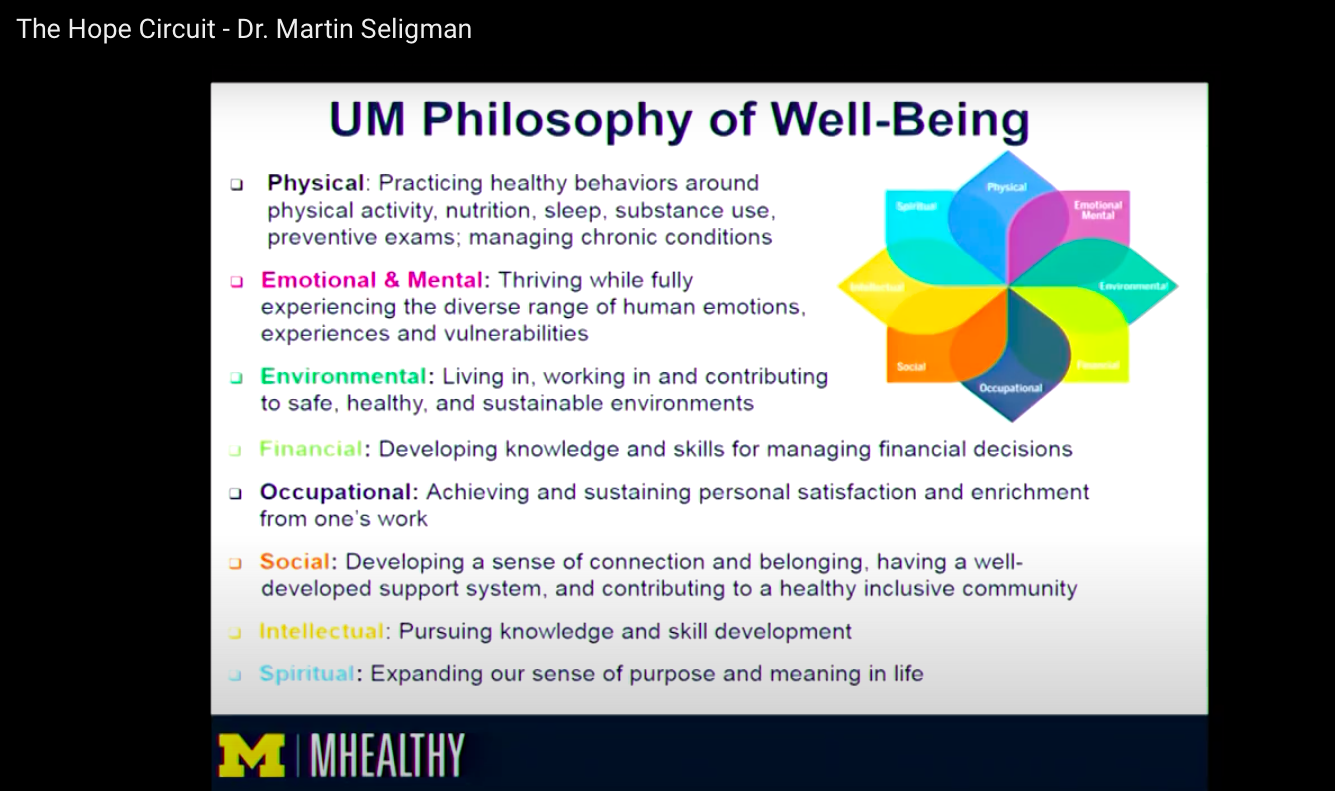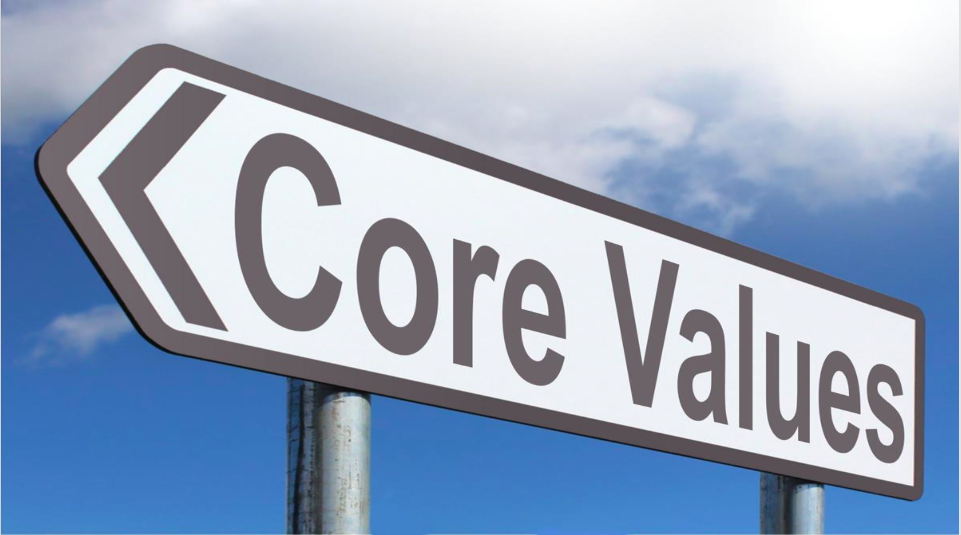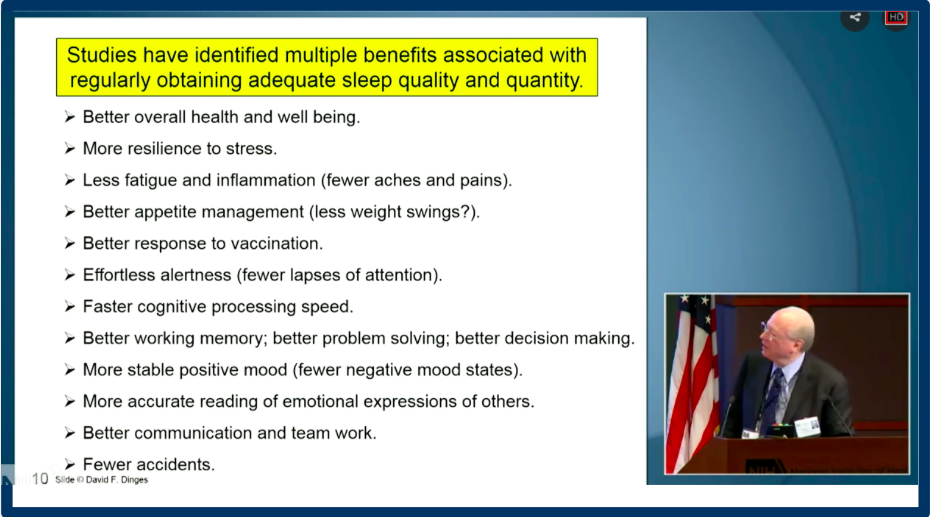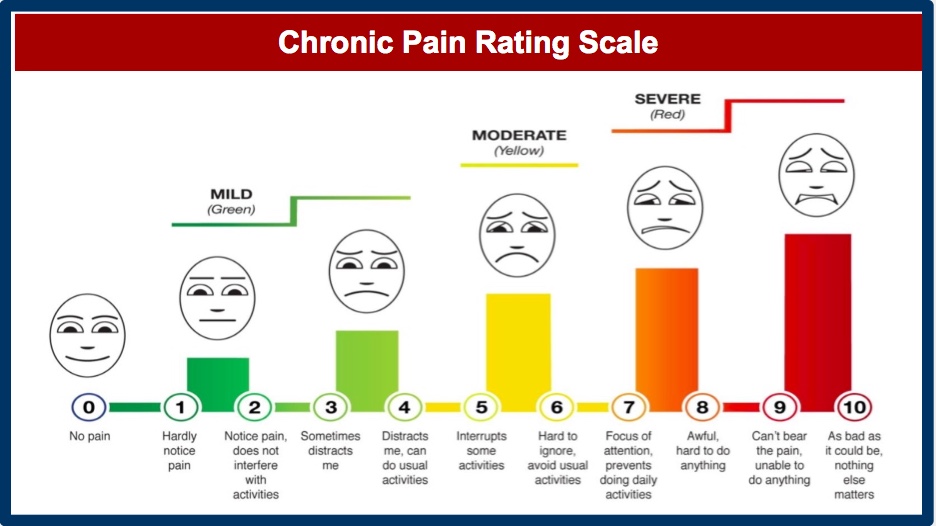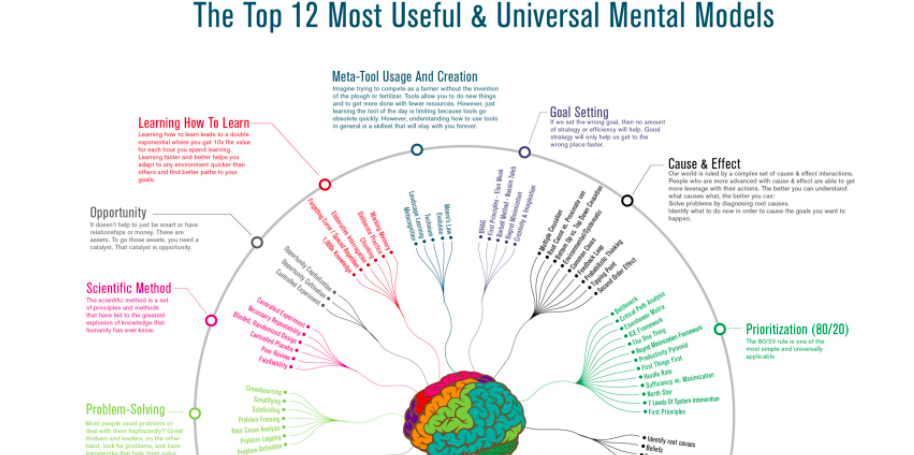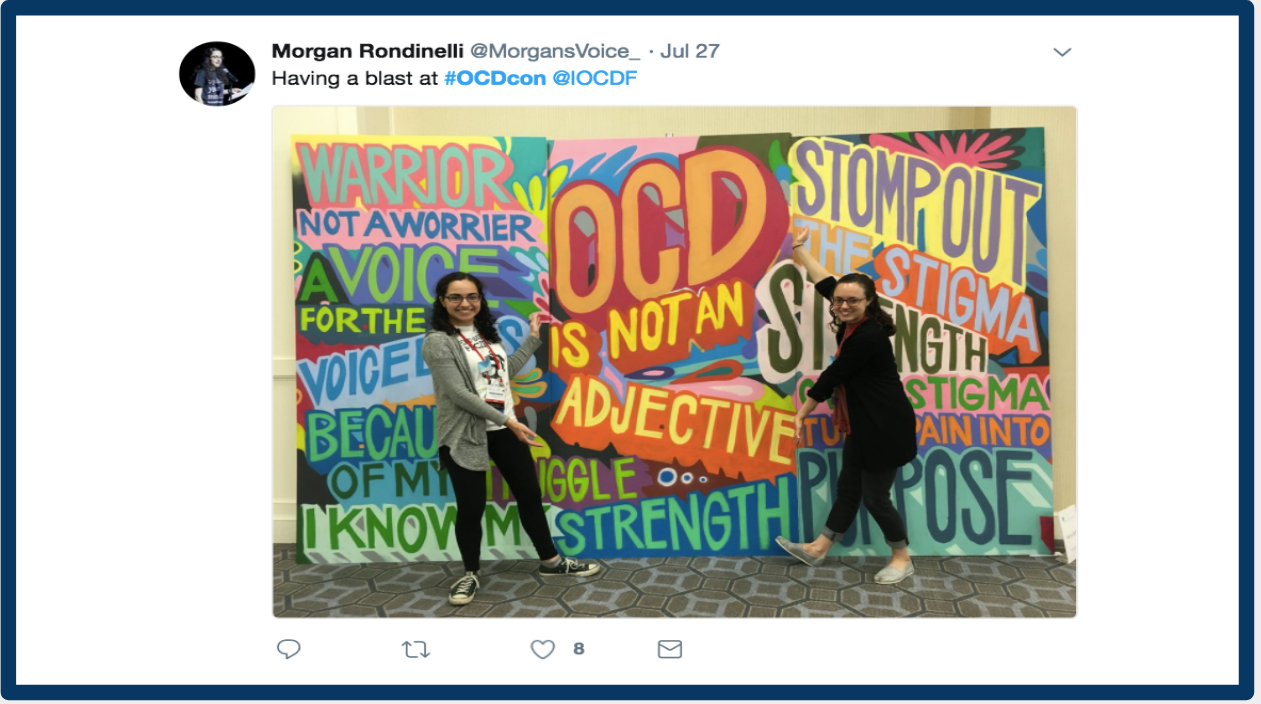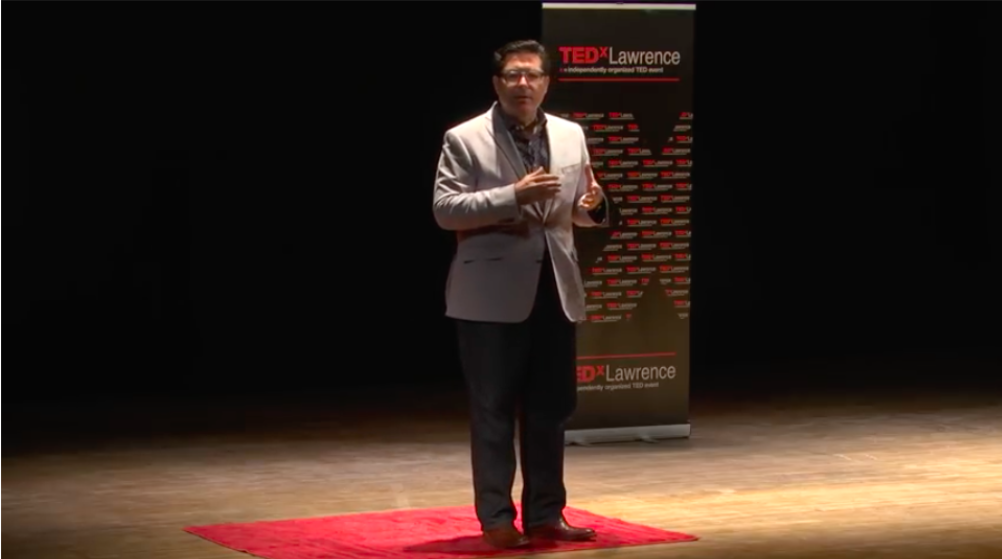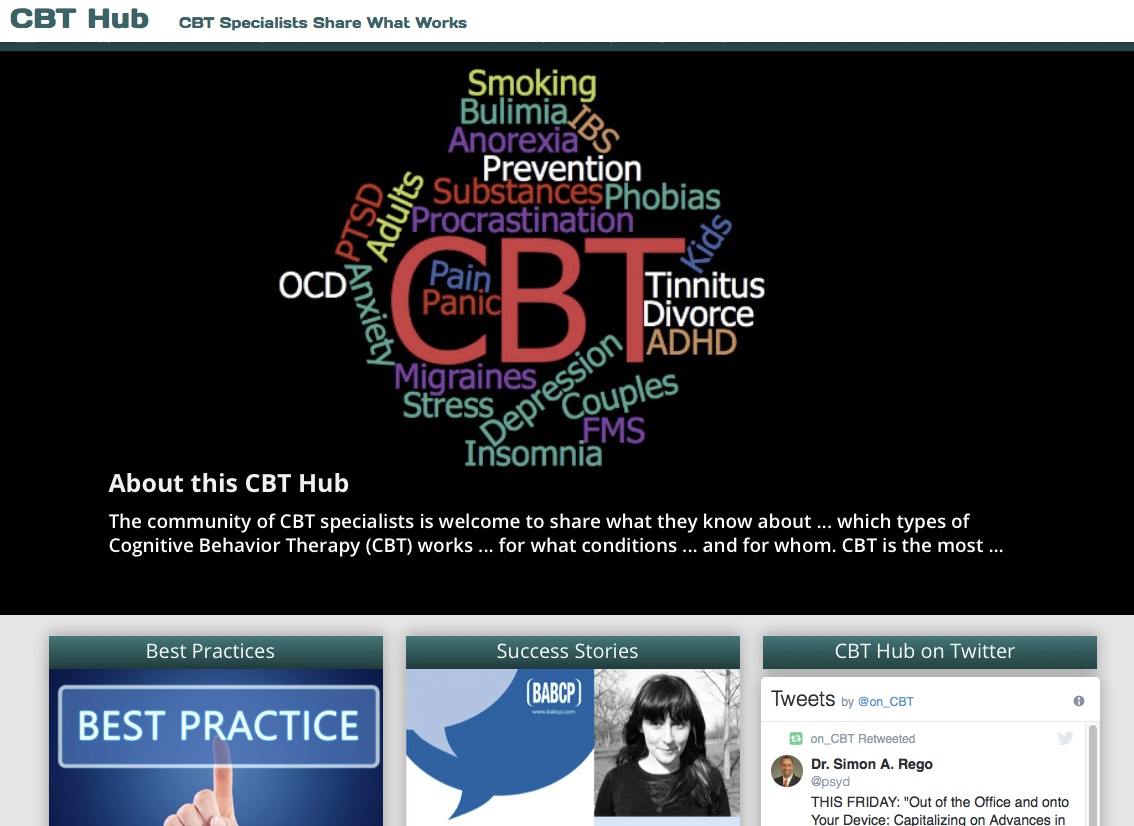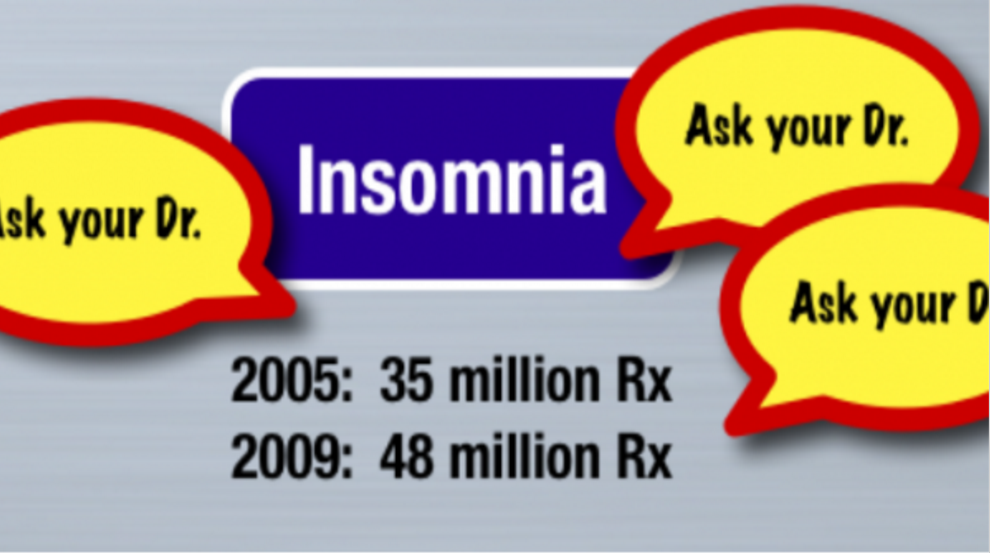Gold Standard Clinical Training
These courses used the best methods, materials, and measures to train in the most essential assessment, therapy, and supervision core competencies:
Actors, with diverse demographics, were coached to portray patients
Empirically validated treatment and supervision manuals
Empirically validated measures of therapeutic relationship and skills
Up to 14 45-minute sessions with 4 patients having multiple co-occurring conditions
Complex therapeutic and ethical (military & civilian-related) challenges
360’ feedback from actors, peers, teaching assistants, & post-doc’s
Seasoned clinical faculty supervisors (military & civilian)
Specific self assessment ratings using minute-by-minute video review
The National Training Director invited us to the flagship Army Psychology Internship (Tripler in Hawaii) to train his faculty and other internships across the country how to adapt our methods & measures to their training.
The Council of University Directors of Clinical Psychology (CUDCP) invited us to their 2011 annual meeting, to showcase our training model – having seen our poster at the 2010 Association of Behavioral & Cognitive Therapies (ABCT) conference.
Introduction
It was great fun to work with talented actors. We wrote weekly stories for the 4 different ‘Simulated Patients’ they portrayed. We choreographed & coached the actors for each weekly encounter. Each session was like an episode out of ...
